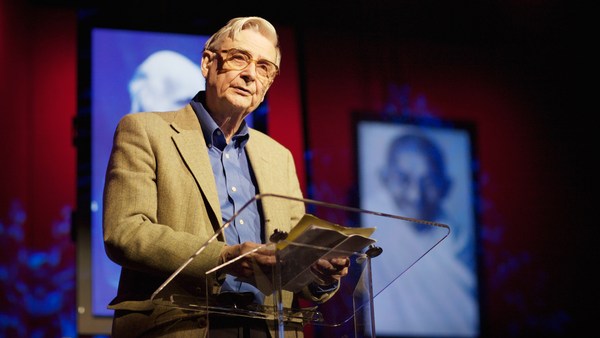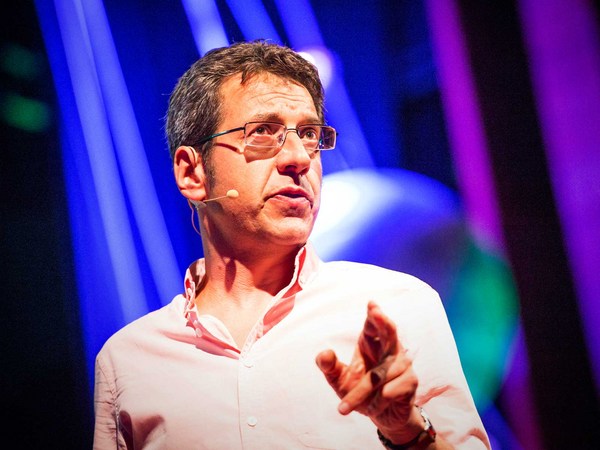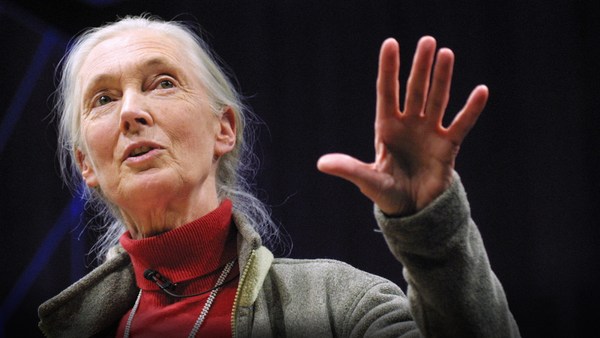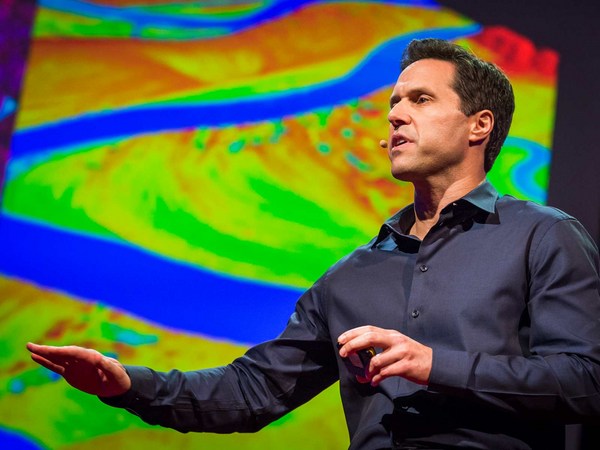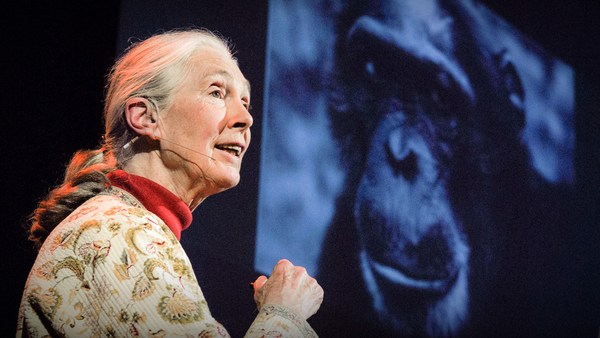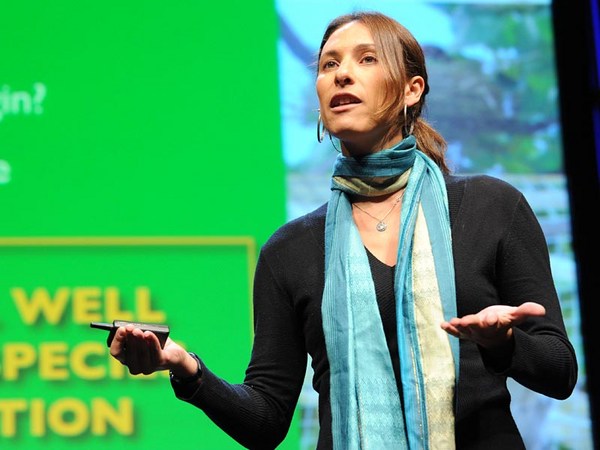The definition of the environment is the unity of space with all objects, forces, conditions, and living things, including humans and their behavior, which affect the continuity of life and welfare. Environmental issues that occur on a global scale stem from one problem, namely human behavior that does not respect the environment. Environmental damage occurs as a result of human activities to meet their needs, which exceed the limits of the environment's ability to return to its original state, resulting in an ecological disaster. The emergence of behavior like this is inseparable from the human perspective on the environment (environmental ethics), which sometimes places humans as rulers over other creatures in the world. If the problem lies in human morals, then overcoming environmental problems is not easy, even with the application of high technology. Behavior that is not in harmony with the environment that has been formed through bad habits will be difficult to change. Environmental ethics offers a new perspective and new behavior towards the environment, which is one solution to the environmental crisis. Environmentally conscious behavior cannot be formed by itself but through a continuous learning process, namely by honing naturalist intelligence in humans. Not all humans develop naturalist intelligence in themselves, namely the ability to recognize natural elements and live in harmony with nature.
We may not realize that in the world of plants, animals, fungi, viruses and bacteria, humans and human well-being are never part of decision-making at all. Every species evolved to adapt and survive in their environment without thinking about us at all. But as an implication of their efforts to continue to survive from one generation to the next, they inhabit a very specific niche in nature. A "niche", in their world, is often called a "niche" which is more or less similar to work, in our world. Every species plays a role, big or small. When a species disappears, its role may or may not be filled by another species. Take for example, in the human world, when the garbage collectors stop cleaning our streets and processing our garbage, our cities will turn into a mess, dirty, chaotic. Garbage collectors also have a big role.
In order to function properly, an ecosystem must be in balance. Without bees, there would be no almonds, without bats, there would be no durian. Those are just a few small examples of the services this species provides to us as humans. Conservationists, by their very nature, seek to preserve the balance of this ecosystem.
By developing compassion. How did you do that? First, educate yourself. You have the privilege of economic advantages that allow you to access a world class education, there is almost no excuse for ignorance. Therefore, also trying to understand the situation, can you see yourself in their shoes? What would you do if you were them? Third, take action. You have the power to choose what you consume, when and how much.
